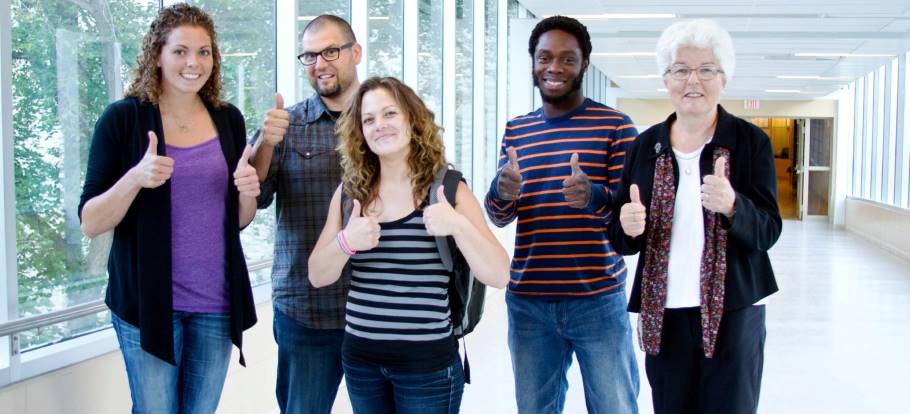
University widening participation and fair access: three key facts you and your students need to know
Fact: Universities look for talent, regardless of background
It’s in universities’ own interests to recruit the best students, wherever they’re from and whatever school they went to, because this keeps academic standards high.
And, since people with the potential to benefit from going to university come from all walks of life, universities work hard to remove any barriers (financial or otherwise) that might stop people from disadvantaged backgrounds going to university and getting a good degree.
In fact, universities are obliged to do this, or the Government doesn’t let them charge higher tuition fees. Reaching out to pupils in disadvantaged areas, e.g. through taster days, is an important part of finding the most talented students.
This is a massive government priority. The Prime Minister recently announced ambitious plans to double the rates of students from disadvantaged backgrounds by 2020.
Fact: Universities help poor and other disadvantaged students
Lots of universities also have ongoing relationships with schools in disadvantaged areas, offering other activities such as summer schools, mentoring and master classes. Through this outreach work, they help improve grades, give advice and guidance (for example, about which GCSE and A-level choices to make) and encourage young people to aspire to go on to higher education if they are able.
Ideally, outreach work starts long before A-level choices or even GCSEs, and continues through the school career. This is because key decisions are made at an early age. Many schemes also involve parents and carers, who often have a strong influence on a young person’s decisions and self-confidence.
Make sure your local universities know who to contact at your school to discuss their outreach work, and if they’re not offering something you want, tell them so (you can contact a university widening participation team through UniTasterDays.com). You could also organise your own activities; for example, some schools invite back former pupils to talk about going to university.
Fact: Universities and colleges give out millions of pounds in non-repayable financial aid
As well as Government-backed loans, students from low-income backgrounds can get hundreds or sometimes thousands of pounds in bursaries, fee waivers and scholarships from their university or college. These don’t have to be paid back.
How much will they get? Well, this depends on the university or college and family/household income. Each university decides on its own criteria for financial support and students will need to contact them to find out exactly what they’re offering and whether they are eligible. For example, the University of Bristol offers free tuition for the first year of study, plus £3,750 in cash each year to full-time undergraduates from low-income backgrounds who have taken part in its outreach scheme with local schools.
Just so you know, this blog was published on 31 Dec '16 and everything was accurate to the best of our knowledge when we hit publish.
Stay up to date with everything university!
This free newsletter includes information about university events added to UniTasterDays, as well as details on new webinars, resource releases, and more.




